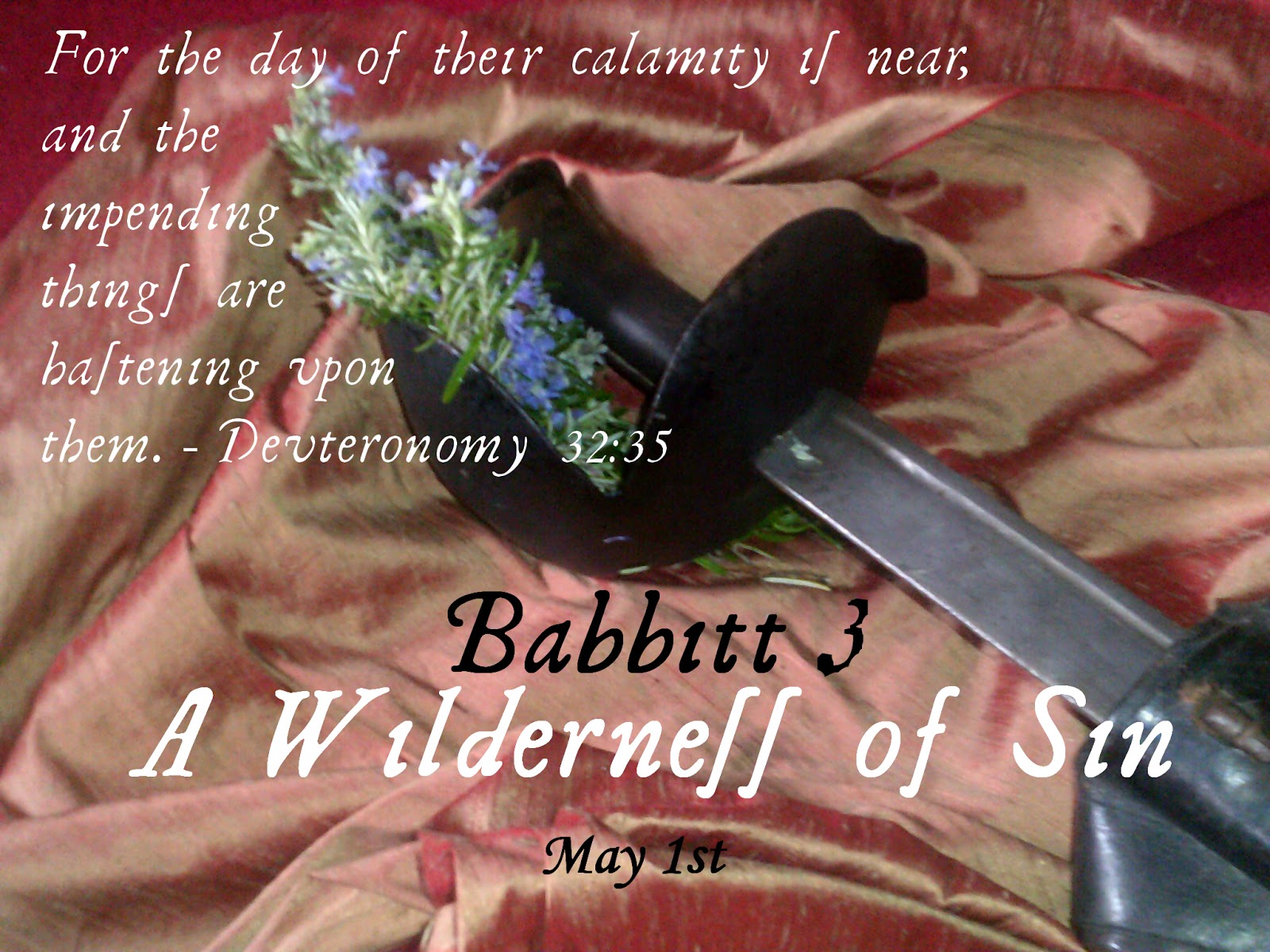“I want to go home,” Luce said dully, and turned his head on the pillow, though his eyes stayed closed. “I want to go home, Hollie.”
“Aye, I thought –“
He was mending, and his hair was lank, sticking to his forehead with sticky sweat: bless the lad, there wouldn't be a girl in Hampshire who'd look at him twice, now, but he opened his eyes then and looked up at Hollie.
"It's all right," he said, in that rusty, thready voice, strained with coughing. Closed his eyes again. "I'm sorry. I - she - I dreamed of her. Of Gray. It was nothing. The fever. I -" He trailed off, and under the blankets, his chest jerked, as if he might have sobbed. Only the once. "I almost believed it was real. That it - that she - that this was the dream, and she the reality. That I might wake and find myself at Bristol again, and be -. It was the fever. Nothing more."
"Just the fever. Aye. I know." And he wanted to do something reassuring, just a reaching out so that Luce might know that his lost girl might have faded like smoke, but that his friends were here, and real, and solid. But what comfort was that, when you had dreamed of a loss made whole again, and woke to find yourself in a lonely bed? Hollie put his hand on Luce's shoulder, and squeezed, gently. (The brat was a boy again, all skin and bone and tousled hair. That made Hollie's heart hurt, too, for the lad had no right to be so fragile.)
"Just the fever," Luce echoed. "Surely." And then he closed his eyes, and one single tear made its way from under his lashes, and slid down his face into his tangled hair. "It was a good dream, though. I wish -"
"No you don't," Hollie said, for that way lay madness.
“I miss her,” he said, as if Hollie had not spoken, and his voice was as flat as ever, as if he were talking of a skipped meal, or a forgotten engagement. “All the time, I miss her. And I do not know how I might bear it.”
And how could he answer that, without sounding as if Gray were a thing of no account? You get used to it? There will be other girls? “Yes,” he said, eventually, and hoped that was sufficient.
“She was not beautiful. I never counted her beautiful. But she was- alive, she was always so, so – she was never still, was she?” For the first time in weeks, another slow tear made its way from under his lashes, trickling down into his hair, soaking the greasy pillow. “Hollie?”
“Aye?”
Luce covered his eyes with the back of his wrist. “How do you forget?” he said, in a tiny voice.
And all Hollie could say was, “You don’t, Luce. You keep putting one foot in front of t’other. You don’t forget. But you get used to it.”
No consolation to think that after almost ten years there were still nights when he dreamed of Margriete, and still hurt to wake and find her gone. And that just for that first heartbeat, it hurt as much as it had.
“It will always hurt?” Luce said, and Hollie nodded, forgetting the lad had his eyes screwed tight shut.
“Like any other scar, brat. It will always hurt, if you get touched on it.”
“Good,” he said fiercely. “For – I c-cannot bear that she should not be here, Hollie, and yet I cannot bear to pretend she never was.” And he sat up, quite forgetting that he was supposed to be on death’s doorstep, with all his tangled dirty hair falling about his face, and he buried his face in his two hands and sobbed like a little boy, with no thought for his beauty or his dignity. “It hurts,” he wailed, “it hurts, Hollie, it hurts!”
Aye. Well. Luce had forgot his beauty and his dignity, but Hollie was reminded, suddenly, that he had a daughter. And that one day, as the sparks flew upwards, she would look to him to comfort her. It was thinking of Thomazine that he sat on the edge of the bed and put his arms round the brat, patting him gingerly on the shoulder as he wept.
“It’ll all come good, Luce,” he said, and closed his eyes and thought of Thomazine. “It’ll all come good.”





